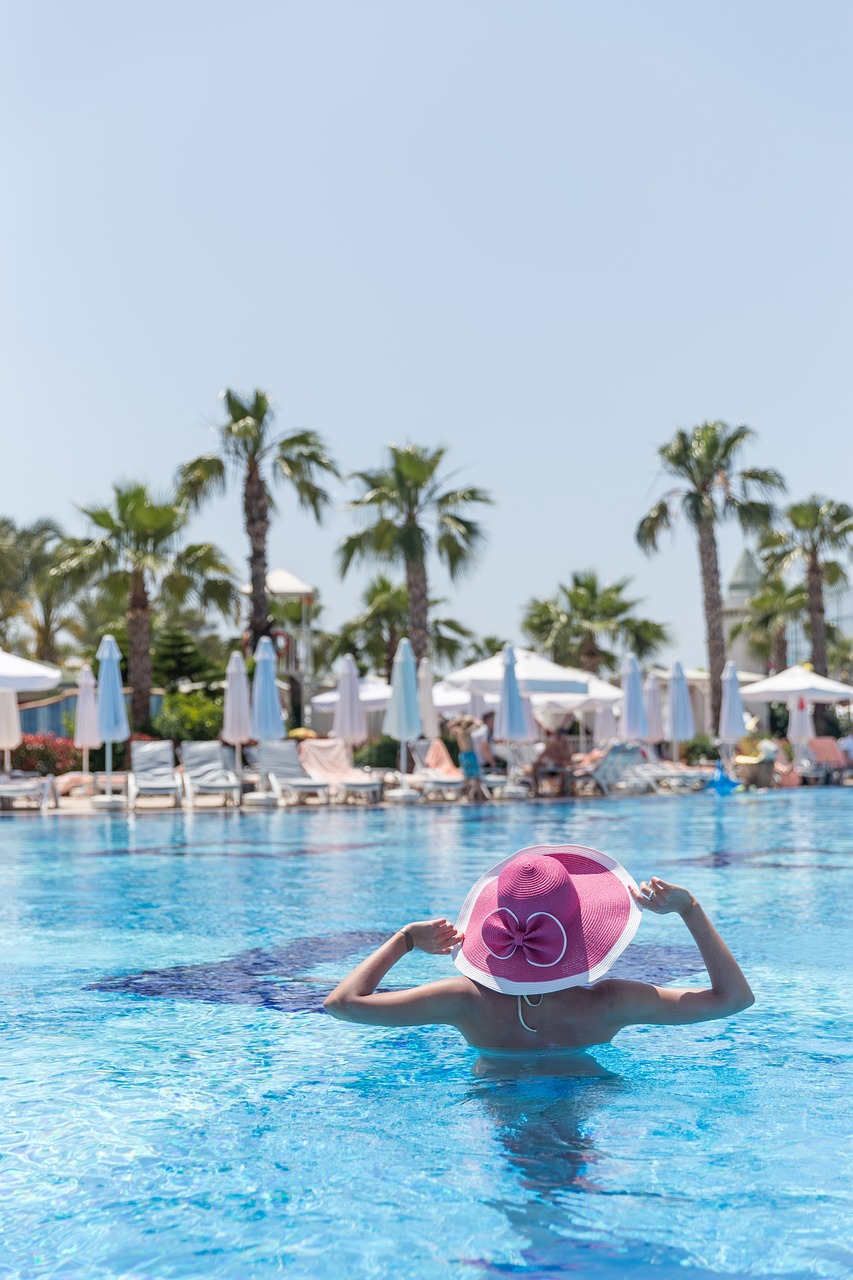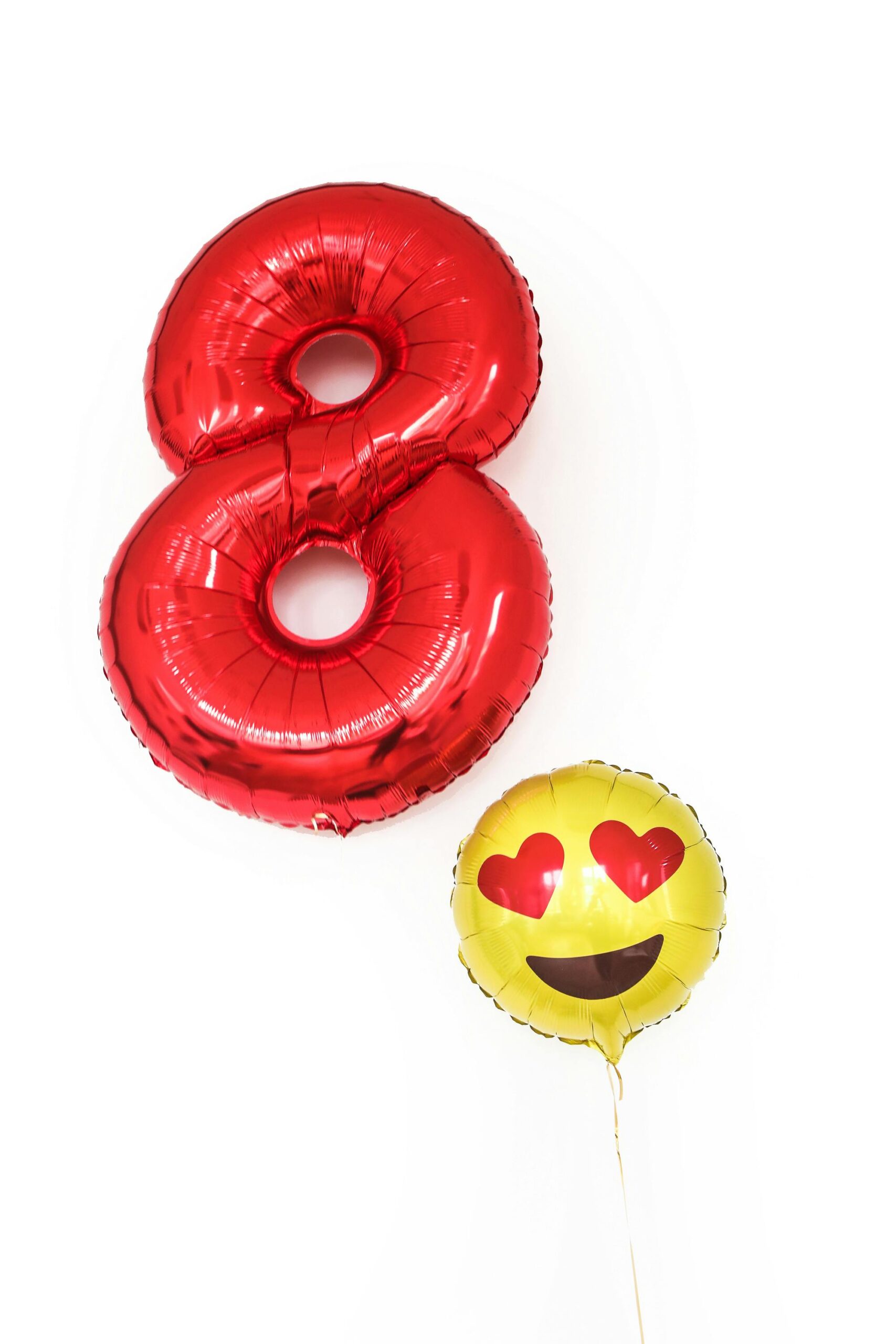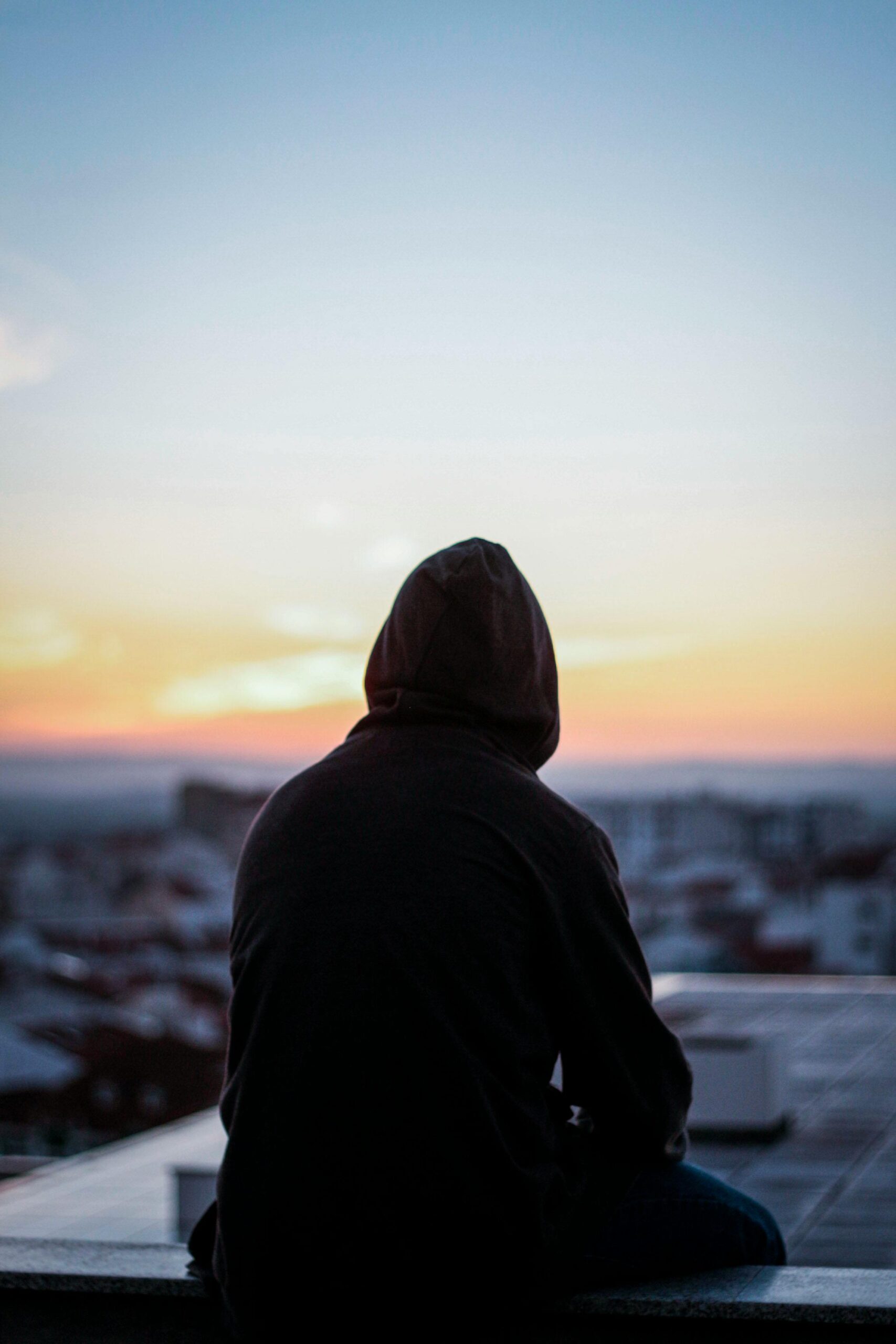A few years ago, my wife and I took a breathtaking vacation to Iceland. The trip was unforgettable—soaking in the beautiful lagoons and hot springs, surrounded by the stunning Icelandic landscape. However, when we returned home, we felt unusually tired and lethargic. We blamed it on the travel, the cold weather, and the deep relaxation from those hot springs.
But as the weeks went on, we still couldn’t “snap out of it.” On top of the exhaustion, we started feeling mildly depressed, and tensions began to rise. We argued more than usual, which was completely out of character for us. It all came to a head in one big argument over something completely trivial, leaving us both baffled about what was going on.
Recently, I came across something called Post-Vacation Depression (PVD)—and suddenly, everything made sense. I had no idea this was an actual phenomenon! Looking back, it’s clear that PVD was exactly what we were experiencing after that trip. In fact, I’ve realized it happens to us on a smaller scale after almost every vacation.
Knowing about PVD now helps me better understand those post-vacation blues and reminds me to approach the transition back to everyday life with more patience and awareness.
Post-vacation depression (PVD) is the emotional slump many people feel when returning to their daily routine after an enjoyable trip. Symptoms can include sadness, irritability, and a lack of motivation. Here’s how to recognize the signs and strategies to bounce back:
1. Feeling Sad or Irritable After Returning Home
What It Looks Like
You feel down, unmotivated, or frustrated as you adjust back to your normal life.
How to Cope
Acknowledge your feelings as normal. Allow yourself a couple of days to process the transition without being hard on yourself.
2. Difficulty Re-Adjusting to Routine
What It Looks Like
Tasks like going to work, cooking, or managing household responsibilities feel overwhelming and uninspiring.
How to Cope
Ease back into your routine by prioritizing tasks. Start with simple to-dos and gradually tackle bigger responsibilities.
3. Comparing Everyday Life to Vacation
What It Looks Like
You catch yourself reminiscing about your trip and feeling dissatisfied with your current routine.
How to Cope
Shift your focus by incorporating small pleasures into your daily life, like a special coffee or a fun activity, to recreate the joy you felt on vacation.
4. Experiencing Physical Fatigue
What It Looks Like
The excitement and travel logistics of a vacation may leave you feeling physically drained once you’re home.
How to Cope
Prioritize rest and self-care, such as getting enough sleep, staying hydrated, and eating nourishing meals to replenish your energy.
5. Lack of Motivation at Work
What It Looks Like
You struggle to focus or find joy in work tasks, especially after an extended break.
How to Cope
Set small, manageable goals for your first few days back at work. Consider planning your next vacation to give yourself something to look forward to.
6. Missing the Freedom or Adventure of Vacation
What It Looks Like
You feel trapped in your daily routine and long for the spontaneity of vacation life.
How to Cope
Incorporate micro-adventures into your routine, such as trying a new restaurant, exploring a nearby park, or planning a weekend getaway.
7. Feeling Disconnected from Your Vacation Memories
What It Looks Like
You feel sad that the trip is over and worry you’ll forget the amazing experiences you had.
How to Cope
Document your memories by journaling, creating a photo album, or sharing stories with friends. Reliving the positive moments can help prolong the vacation glow.
In Conclusion
Post-vacation depression is a common experience, but it doesn’t have to overshadow your return to daily life. By recognizing the signs and taking proactive steps to reframe your routine, you can transition back with greater ease while keeping the joy of your vacation alive.
With the holidays approaching, many of us are gearing up for some well-deserved time off to recharge, spend time with family, and celebrate the hard work we’ve put in throughout the year. I know I’m planning to do exactly that.
However, now that I’m aware of Post-Vacation Depression (PVD), I’ll be more mindful of the emotional aftermath that can follow a great vacation. After all, the good vibes from a much-needed break should linger and uplift us—not fade away abruptly once it’s over. This year, I’m focusing on making the good times last even after the trip ends!


